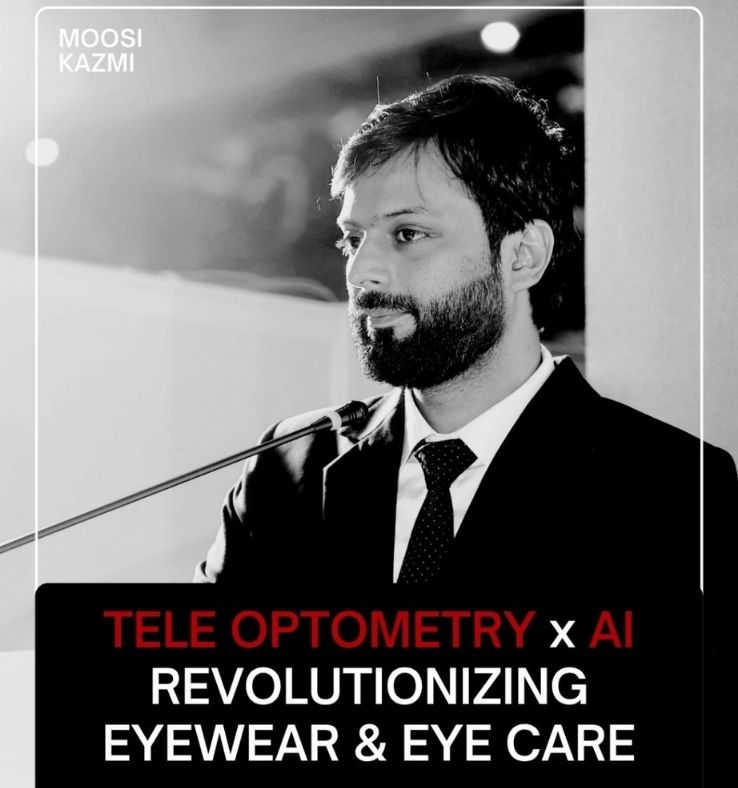Proficient Optometrist of the Future: Achieving Excellence Through Empathetic Listening
.jpg)
Optometry is a field of healthcare that is autonomous, educated, and regulated, and optometristsare the primary healthcare those who practice the eye and visual system and provide comprehensive eye and vision care, such as refraction and dispensing, detection/diagnosis and management of disease in the eye, and rehabilitation of conditions of the visual system. (1)
Students in higher education today must demonstrate a wide range of skills and talents to prove that they have mastered not only academic knowledge but also the capacity to apply their learning in practical situations. (2)
Undergraduate students continue to prioritize communication and the ability to deal with people with disabilities. (3)
 |
Empathic listening is an activity of hearing that combines typical active listening practices with the element of empathy, resulting in an improved form of listening. (4)
Empathic listening is not just a skill but a of effective Optometric practice, as it allows optometrists to establish a meaningful connection with their patients and gain their trust. This approach is crucial during history-taking, where Optometrist carefully inquire about symptoms,
medical history, and lifestyle factors, those clues could indicate early signs of eye diseases or conditions.
Progressive eye diseases often lead to vision impairment, which can trigger feelings of sadness,uniquely positioned to recognize and address these complex emotional responses.
By actively engaging with patients and sensitively exploring their emotional experiences,Optometrists create a supportive environment where patients feel validated and understood.Thus, empathetic listening empowers Optometrists to not only diagnose and treat eye diseases but also to address the psychological impacts on patients.
It has been observed in Optometry practice that patient dropouts, requests for second opinions, and dissatisfaction often stem from practitioner’s failure to practice empathetic listening. Patients feel unheard or misunderstood, leading to premature treatment discontinuation. Seeking second opinions may arise from uncertainties about initial diagnoses or treatment plans, highlighting the need for clearer communication and empathetic understanding.
Practitioner who listen attentively, understand patient concerns and communicate effectively builds trust, reduce dropout rates, and enhance overall patient satisfaction and outcomes.
 |
This is an essential art in field, fostering patient compliance with procedures by addressing fears and concerns, and ensuring they feel understood and supported throughout their treatment journey.
REFERENCES
1. WCO's Concept of Optometry - World Council of Optometry. 7 August 2020.
2. Pickford R, Brown S. Assessing skills and practice. London: Routledge; 2006 Sep 27.
3. General Medical Council. 2009.
4. Drollinger T, Comer LB, Warrington PT. 2006 Feb;23(2):161-80.

.jpg)

.jpg)
.jpg)
.jpg)


1.jpg)



.jpg)
.jpg)



_(Instagram_Post).jpg)
.jpg)
_(1080_x_1080_px).jpg)


with_UP_Cabinet_Minister_Sh_Nand_Gopal_Gupta_at_OpticsFair_demonstrating_Refraction.jpg)
with_UP_Cabinet_Minister_Sh_Nand_Gopal_Gupta_at_OpticsFair_demonstrating_Refraction_(1).jpg)

.jpg)








.jpg)



.png)




